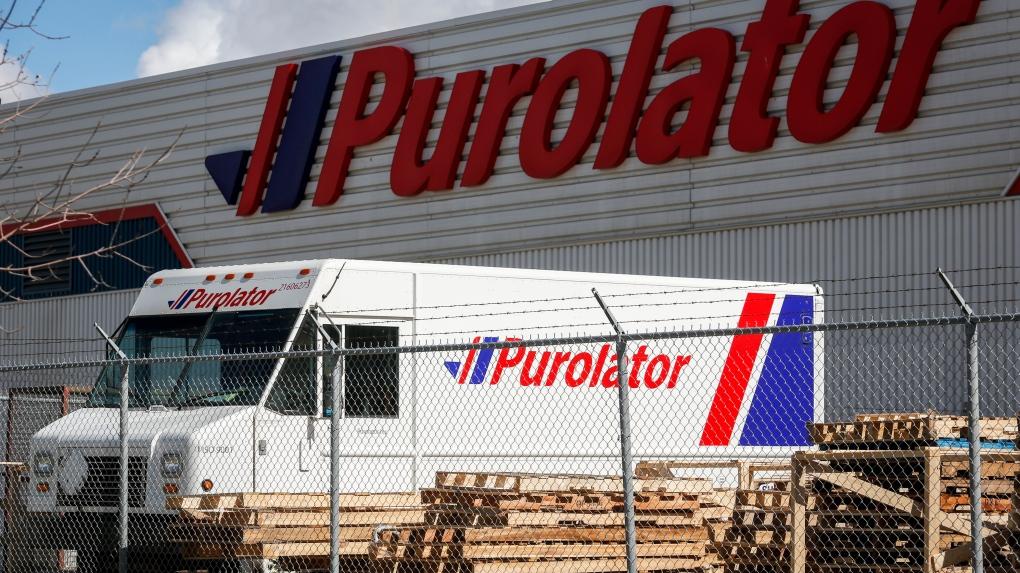Purolator has been ordered to provide compensation to employees who were “terminated” for not receiving a COVID-19 vaccine, a Teamsters union has announced.
After nearly a year of arbitration, Arbitrator Nicholas Glass, in a Dec. 14 decision, has ordered Purolator to compensate members of Teamsters Local Union No. 31 in Prince George, B.C., for any lost wages and benefits between Jan. 1, 2022, and their first day of work after May 1, 2023.





